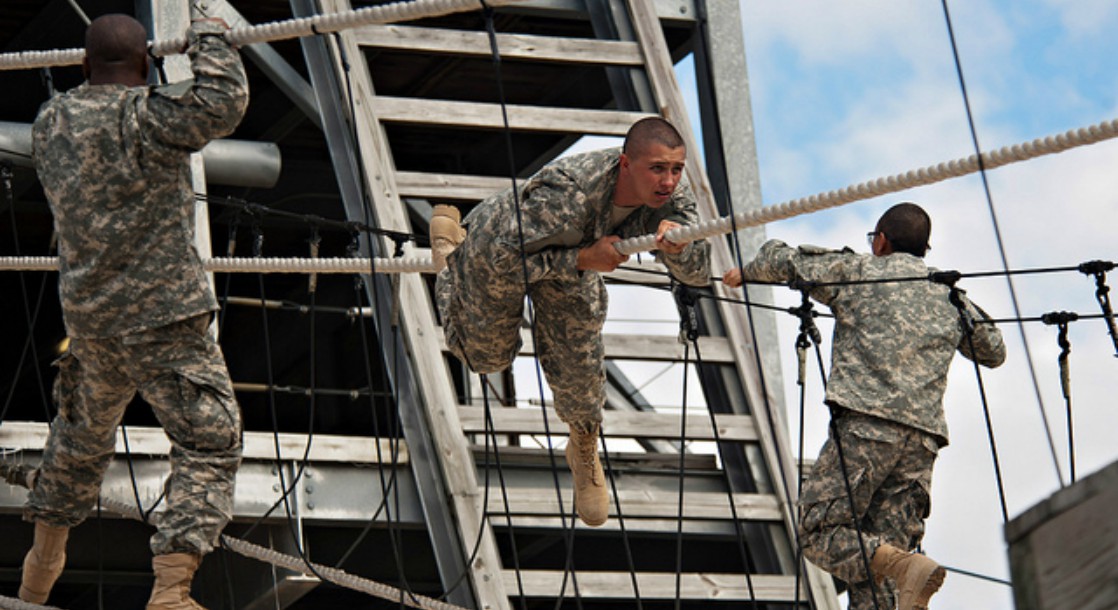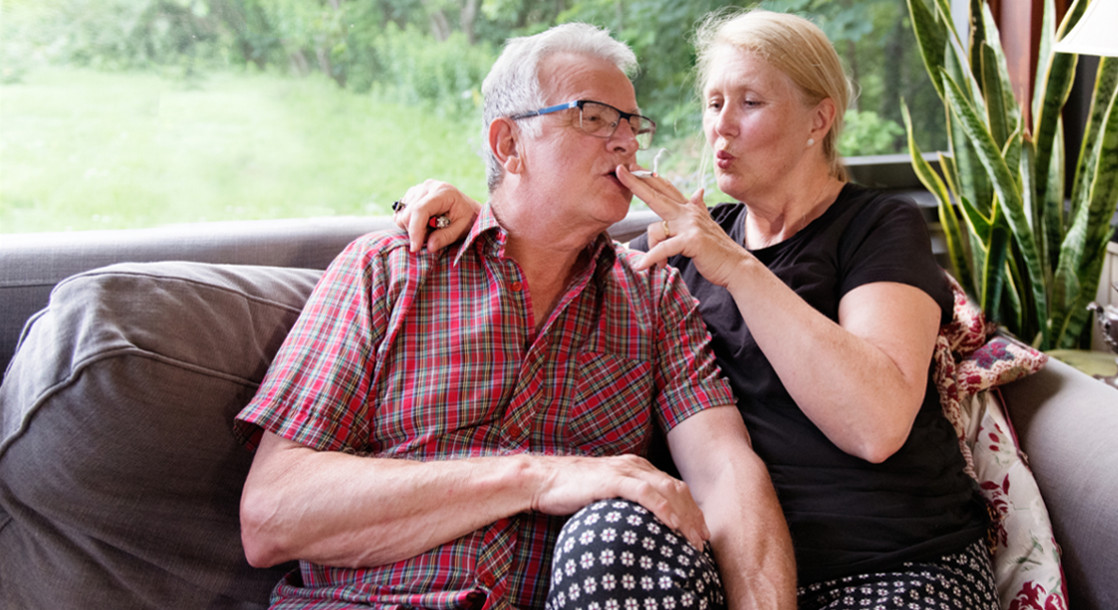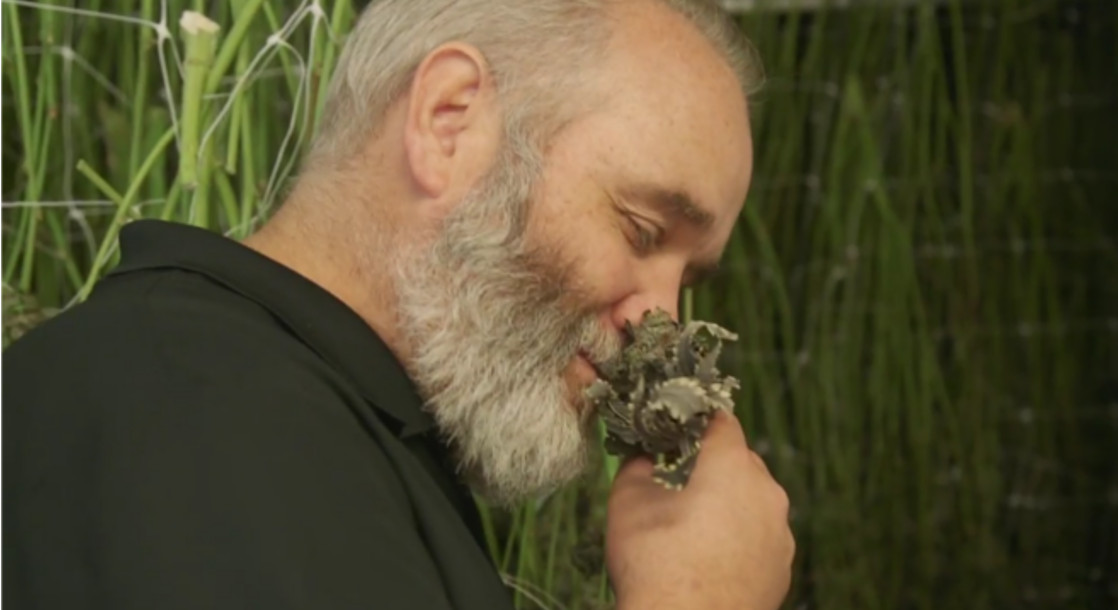Lead photo via the U.S. Army
Amidst increasingly partisan politics at home and unprecedented diplomatic idiocy from Donald Trump, it should come as no surprise that the American military has been having trouble finding the caliber of recruits that it's used to. After all, who can blame an 18 year-old for having second thoughts about signing up to be the first pawn leaping two squares in the real-life Twitter beef between Trump and Kim Jong "Rocket Man" Un?
But with billions of dollars in new funding coming down the military industrial pipeline and a Commander-in-Chief constantly burning international bridges, there are a whole lot of new boots to fill, and Army recruiters have started making some concessions in their famously strict standards. This includes ignoring past marijuana use from otherwise-qualified recruits.
According to PBS, the army awarded over 500 waivers for cannabis use in 2017, up from 191 in 2016, and absolutely zero in 2014. Addressing that increase, Major General Jeff Snow, head of the Army's recruiting command, was confident that the trend would continue, especially considering the growth of the country's legal weed industry and societal acceptance of the once-controversial plant.
"Provided they understand that they cannot do that when they serve in the military, I will waive that all day long," Major General Snow said of former cannabis users who now want to join the Army.
Of course, no matter how many states legalize cannabis, Major General Snow's initial contingency will still stand, with active duty soldiers frequently tested for illicit substances, including cannabis.
If a soldier does test positive for cannabis while serving, consequences can range from extra duties and a cut paycheck, to loss of rank and dishonorable discharge. MERRY JANE's legal columnist explored this topic earlier this year in an edition of our column Lawyer Up.
In addition to on-duty prohibition, Army officials have made no concessions when it comes to post-service cannabis use, with Veterans Affairs officials still blocking returning soldiers from easy access to medical marijuana. The military continues to ignore the benefits that cannabis can have in treating post-traumatic stress disorder (PTSD) and helping veterans re-assimilate to a life after war. Instead, the VA has pushed pharmaceutical band-aids on returning soldiers' psychological wounds, all but ignoring the benefits of medical marijuana.
In other words, the Army now believes that cannabis is acceptable for soldiers to use before they join the military, but not once they have enlisted, and certainly not once they've left the service and have to deal with the lasting psychological scars of warfare.
"What cannabis also does is distracts," Sean Kirnan, president of the vet-focused cannabis advocacy group Weed for Warriors, told MERRY JANE earlier this year. "It's this combination, this wonder drug. We talk about whole-plant therapy, and why it's so important. It's the entourage effect: CBN can put you to sleep, THC can give you euphoria, CBD is anti-inflammatory. With the entourage effect, [cannabis] can replace 28 to 30 pills. There's so many subparts to the plant. It's nature's medicine, used in so many cultures, and our government can't seem to acknowledge it."
On top of letting previous cannabis users slip through the cracks, recruiters have been passing an increasing number of "category four" recruits, or enlistees that score 30/99 or lower on the Army intellectual aptitude test.
While both cannabis users and category four recruits are being welcomed into boot camp at record rates, any enlistee who both admits to past cannabis use and scores below 31 on the aptitude test is automatically disqualified from service.
With Army officials responsible for adding 80,000 new soldiers to service this year, a 10,000 person enrollment increase from last year, Major General Snow is not predicting a quick end to the increasingly-lenient recruiting practices.
"This mission is going to be a significant challenge for the command," Major General Snow said. "The possibility does exist that the numbers of marijuana waivers and category fours could increase. I hope not, but it's too early to tell right now."
Follow Zach Harris on Twitter











